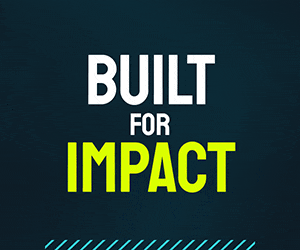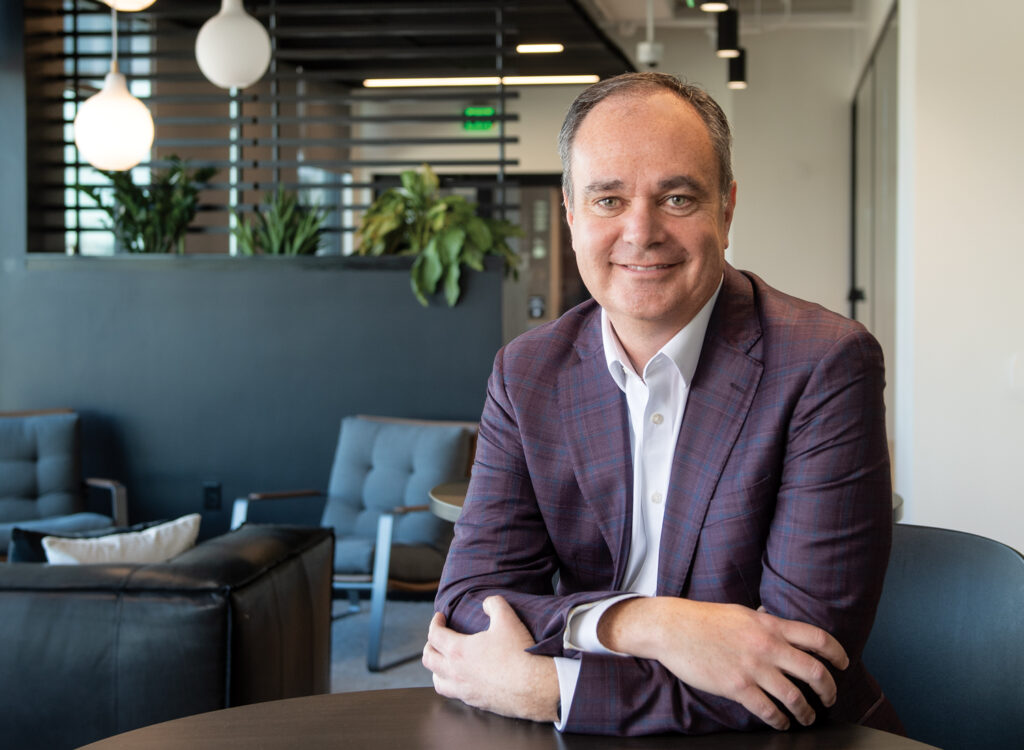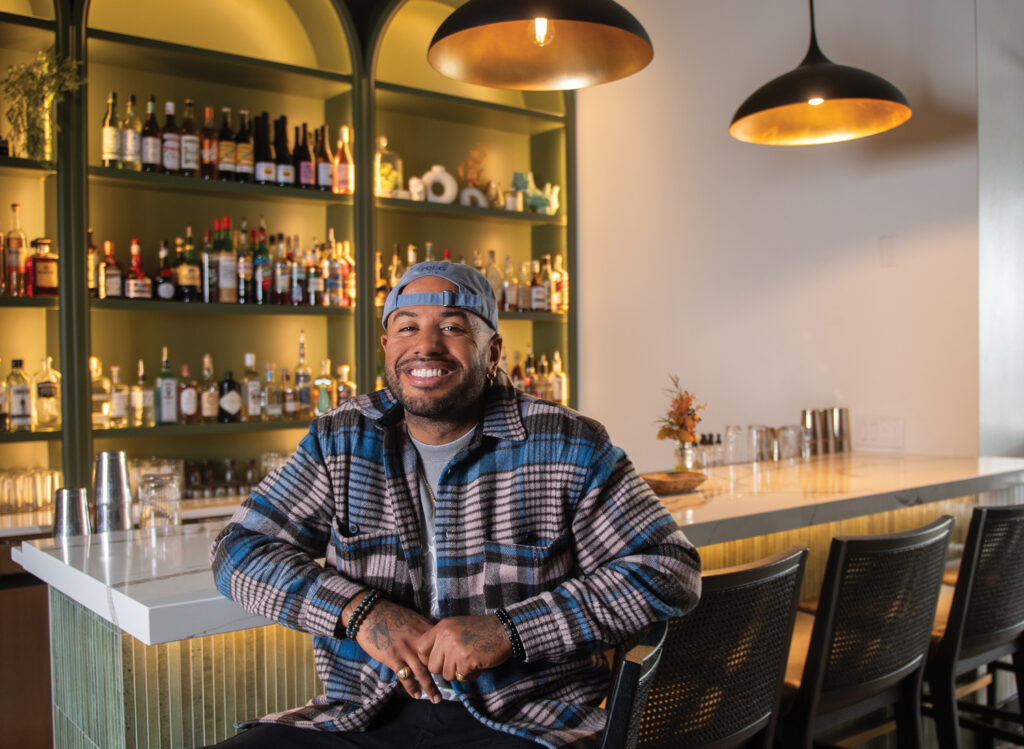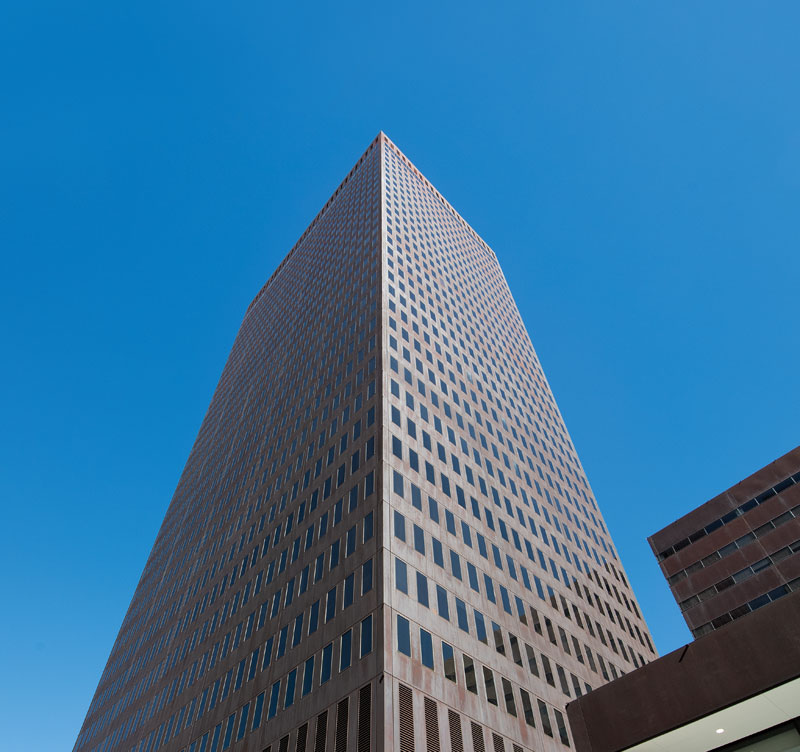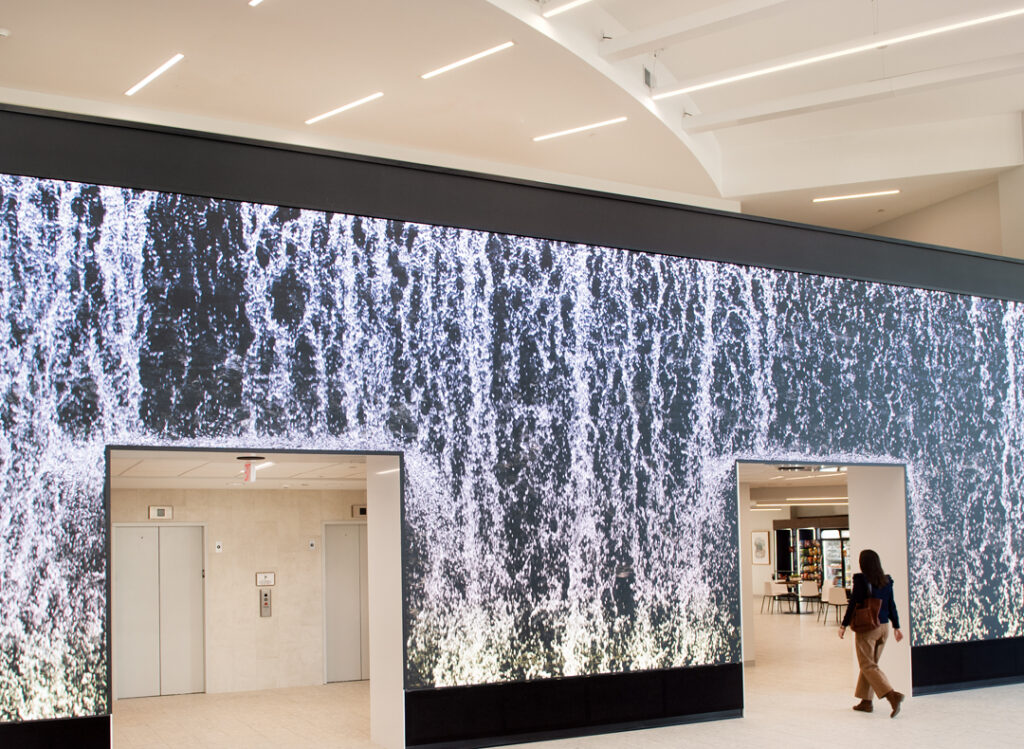Guest Opinion: What’s age got to do with it?
It can be a competitive advantage when the experience of older workers is leveraged while listening to their insights.

In the movie “The Intern,” Ben Whittaker, a 70-year-old retired widower, needs something to do with his time that makes use of his experience.
He becomes an intern at a web startup in Brooklyn. Ben, played by Robert De Niro, comes to work every day in a suit and tie and makes people uncomfortable with his professionalism and politeness. His boss is Jules Ostin (Anne Hathaway), the founder of an online clothing site that has taken off like wildfire. Jules does not understand how Ben could add value at his age in a high-tech company.
The movie reflects aspects of “unconscious bias,” a common phrase in the workplace. Unconscious biases are deeply held attitudes and beliefs about race, gender, appearance, social class and age, among others. Unconscious bias can undermine recruiting efforts, talent development and promotability. According to the Pew Research Center, every day for the next 19 years, about 10,000 baby boomers will turn 65. Are workers aged 50-plus assets or liabilities?
Gallup’s surveys on employee engagement in the workplace indicate only 30 percent of U.S. workers are engaged in their work. “Sixteen percent of employees are actively disengaged — they are miserable in the workplace and destroy what the most engaged employees build. The remaining 51 percent of employees are not engaged — they’re just there.” Yet, Gallup also found that baby boomers (1946-1964) are just as engaged in their jobs as Gen Xers (1965-1979) and are more likely to be engaged than millennials (1980-1996).
Chip Conley joined Airbnb at 52 and shared what he learned about age and wisdom with the Harvard Business Review. “People feel like an old carton of milk, with an expiration date stamped on their wrinkled foreheads. … One paradox of our time is that baby boomers enjoy better health than ever, remain young and stay in the workplace longer, but feel less and less relevant. … And yet we workers ‘of a certain age’ are less like a carton of milk and more like a bottle of fine wine — especially now, in the digital era. The tech sector, which has become as famous for toxic company cultures as for innovation, and as well-known for human resource headaches as for hoodie-wearing CEOs, could use a little of the mellowness and wisdom that come with age.”
Conley learned to listen with as “little judgment or ego as possible.” What he learned could be summarized in one sentence: “I’ll offer you some emotional intelligence for your digital intelligence.” We expect “young digital-era leaders to miraculously embody relationship wisdoms, with very little training, that we elders had twice as long to learn.”
Rowena Crosbie, founder of Clive-based Tero International and co-author of the book “The Invisible Toolbox: The Technological Ups and Interpersonal Downs of the Millennial Generation,” concluded: “Especially at a time with all the technological changes that have changed how all of us work, the ability to relate to others is one of the things that in many places was resistant to change. It’s as important now as it was when I started the company 25 years ago.”
The Wall Street Journal reported how the accounting firm PKF O’Connor Davies LLP is intentionally hiring senior accountants who have “aged out” at other firms. Christopher Petermann, a partner, said, “There are a lot of people at other organizations who ‘time out’ based on age that still have tremendous value.” He found these older employees have improved training and mentoring, and they bring with them a lifetime of contacts and expertise.
The first step in overcoming “unconscious bias” is to become conscious of the bias. When managers engage boomers, performance improves. It can be a competitive advantage when the experience of older workers is leveraged while listening to their insights.
By the end of “The Intern,” Ben has become a critical mentor to Jules and her team and she has witnessed how Ben is a driver of employee engagement in the workplace. He won the hearts and minds of others by sharing his wisdom from his life and work experience. Once over their “unconscious bias” of Ben’s age, they realize age doesn’t have much to do with it.

